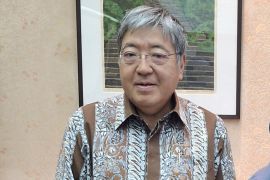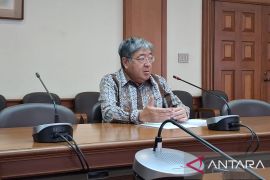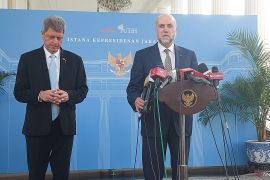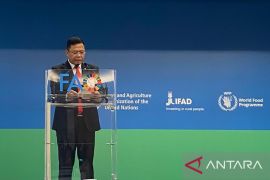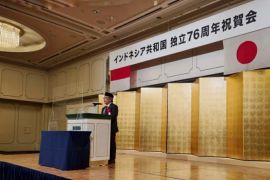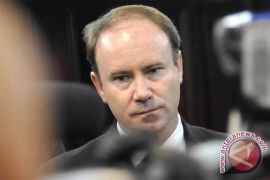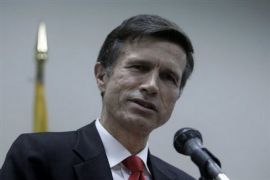The dialogue was sponsored by several outstanding think-tanks based in Brussels, including Bertelsmann Stiftung, Confrontations Europe, Friends of Europe, and the College of Europe Foundation, according to a press release distributed by the RI Embassy in Brussels on Wednesday.
During the discussion, Schulz criticized the regulation to handle Europe debt crisis, saying it is too focused on tightening programs, as opposed to supporting the importance of economic growth and investment.
He further said the integration of EU economies was related to political conditions among the members, especially to assure the public that joining the integration of Europe was the correct choice.
On the other hand, Oegroseno said Indonesia had experienced the same crisis as is currently happening in the EU. "Even worse, we had to regulate structural adjustment packages because our economic growth was minus 13 and inflation reached 77 percent in 1998," he said.
He further noted that Indonesia recovered relatively quickly, as the Gross Domestic Product (GDP) was about 100 billions US dollars in 1988 but had grown to one trillion US dollars by 2011.
Indonesia is currently a member of the Trillion Dollar Club, anunofficial classification by the World Economic Forum of the world`s major economies with a nominal GDP of more than one trillion US dollar per year.
"Indonesia is also predicted to have more influence in the global economic arena," Oegroseno said.
He also predicted that compared to the Indonesian economy in 1998, the EU has a stronger economic base and the developed countries could possibly solve the recession and debt crisis soon.
The dialogue was attended by 400 participants which included academics, diplomatic representatives and members of the media. The dialogue was moderated by a senior journalist from Reuters, Pailn Taylor.
A060/INE/O001
Editor: Jafar M Sidik
Copyright © ANTARA 2012

